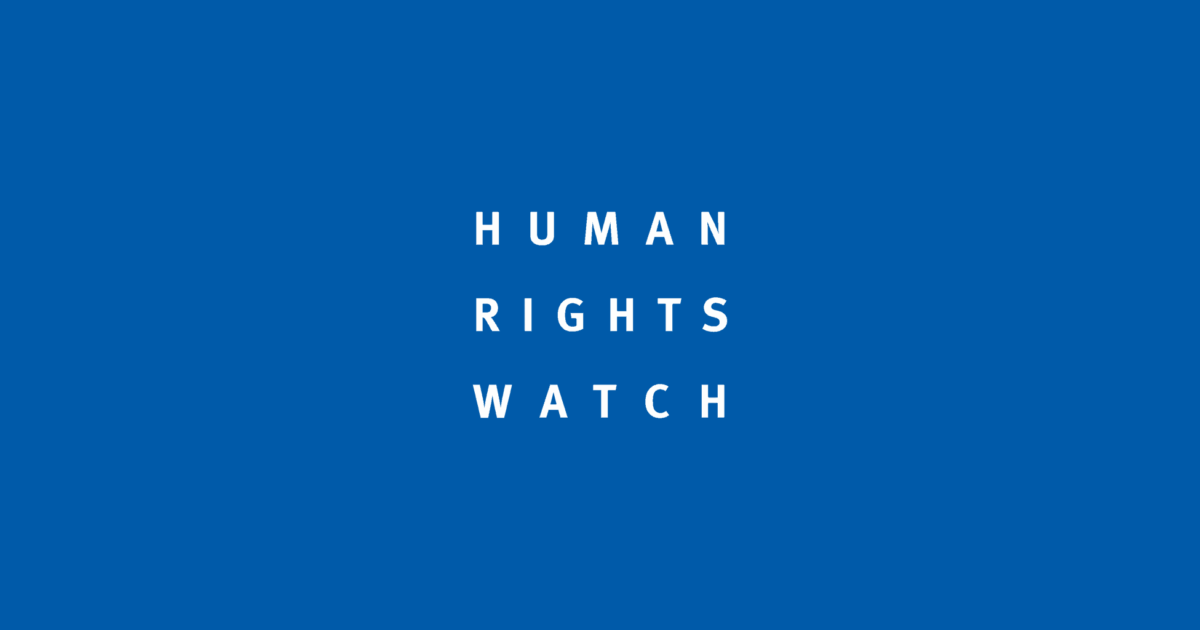Central African Republic
The Central African Republic (CAR) has been engulfed in violent armed conflict since 2013, and conflict-related insecurity has left women and girls vulnerable to forced marriage, abduction, and especially sexual and gender-based violence; according to the International Development Monitoring Centre, 68% of girls in CAR are married before the age of eighteen. Women in the CAR continue to be largely excluded from peacebuilding and reconstruction efforts and have even been subjected to violence perpetrated by UN peacekeepers. Deployed in April 2014, the United Nations Multidimensional Integrated Stabilization Mission in the Central African Republic (MINUSCA)is mandated to protect women, monitor and report on violations against women, adhere to the zero-tolerance policy on sexual exploitation and abuse, ensure women’s full participation in conflict resolution and elections, and incorporate gender as a cross-cutting issue. To further this progress, based on the work of NGOWG members and their partners, the NGOWG advocates for more thorough monitoring of UN peacekeepers in CAR to ensure that no exploitation and abuse occurs on their watch.
Central African Republic
The Central African Republic (CAR) has been engulfed in violent armed conflict since 2013, and conflict-related insecurity has left women and girls vulnerable to forced marriage, abduction, and especially sexual and gender-based violence; according to the International Development Monitoring Centre, 68% of girls in CAR are married before the age of eighteen.
Women in the CAR continue to be largely excluded from peacebuilding and reconstruction efforts and have even been subjected to violence perpetrated by UN peacekeepers. Deployed in April 2014, the United Nations Multidimensional Integrated Stabilization Mission in the Central African Republic (MINUSCA) is mandated to protect women, monitor and report on violations against women, adhere to the zero-tolerance policy on sexual exploitation and abuse, ensure women’s full participation in conflict resolution and elections, and incorporate gender as a cross-cutting issue. To further this progress, based on the work of NGOWG members and their partners, the NGOWG advocates for more thorough monitoring of UN peacekeepers in CAR to ensure that no exploitation and abuse occurs on their watch.
Current and Past Recommendations to the UN Security Council (Monthly Action Points)
As the Security Council renews the mandate of the UN Multidimensional Integrated Stabilization Mission in the Central African Republic (MINUSCA), the human rights and humanitarian situation, particularly outside the capital, Bangui, continues to worsen. It is imperative that human rights monitoring continues, and that individuals and entities that violate human rights and undermine peace, stability, and security are brought to justice. The Security Council should expand upon the existing women, peace and security (WPS) provisions in the mandate (S/RES/2387 (2017), OPs 42, 43, 51) in order to more effectively address the situation in the Central African Republic (CAR). Specifically, the Council should:
- Explicitly list human rights defenders (HRDs), including women HRDs, as a specific group that should be protected under the mission’s protection of civilians mandate (S/RES/2387 (2017), OP 42(a)(ii)).
- Require that MINUSCA consult with women’s groups, humanitarian and human rights organizations, in implementing a gender-sensitive strategy for protection of civilians (S/RES/2387 (2017), OP 42(a)(v)).
- Call for implementation of the National Strategy on security sector reform to be carried out in a gender-sensitive manner (S/RES/2387 (2017), OP 43(b)(i)).
- Specifically list sexual and gender-based violence (SGBV) as a category of violations that should be investigated, under the mission’s current mandate to monitor human rights (S/RES/2387 (2017), OP 43(d)(ii)).
- In the context of MINUSCA’s support to the Special Criminal Court, specifically list SGBV as a violation that should be investigated and prosecuted (S/RES/2387 (2017), OP 43(e)(v)).
- Call for any strategy aimed at disrupting networks that exploit and traffic natural resources to be gender-sensitive and developed in consultation with women’s groups (S/RES/2387 (2017), OP 43(f)).
The Council should further call on the Government to update its National Action Plan on WPS through a consultative process that includes the participation of women’s groups and ensures there is both political support and financing for implementation of any updated plan. Additionally, in the context of the African Initiative for Peace and Reconciliation in CAR and the work of the Panel of Facilitators, the Council is urged to include new language calling on these processes to be inclusive, with special attention given to the participation of women (S/RES/2387 (2017), OPs 3, 4). Finally, particularly concerning is the lack of any reference to the ongoing threats and violence targeting civil society leaders, including women and HRDs. The Council should include new language in the resolution that condemns these acts and calls for protection of civil society space, in line with resolutions adopted on the Democratic Republic of the Congo, South Sudan, and Burundi. Despite the requirement to mainstream gender across all components of the mandate, analysis of past reports of the Secretary-General show that there is a lack of implementation. The Security Council should therefore provide clear instructions on how to integrate gender as a cross-cutting issue.
As the Security Council renews the mandate of the UN Multidimensional Integrated Stabilization Mission in the Central African Republic (MINUSCA), the human rights and humanitarian situation, particularly outside the capital, Bangui, continues to worsen. It is imperative that human rights monitoring continues, and that individuals and entities that violate human rights and undermine peace, stability, and security are brought to justice. The Security Council should expand upon the existing women, peace and security (WPS) provisions in the mandate (S/RES/2387 (2017), OPs 42, 43, 51) in order to more effectively address the situation in the Central African Republic (CAR). Specifically, the Council should:
- Explicitly list human rights defenders (HRDs), including women HRDs, as a specific group that should be protected under the mission’s protection of civilians mandate (S/RES/2387 (2017), OP 42(a)(ii)).
- Require that MINUSCA consult with women’s groups, humanitarian and human rights organizations, in implementing a gender-sensitive strategy for protection of civilians (S/RES/2387 (2017), OP 42(a)(v)).
- Call for implementation of the National Strategy on security sector reform to be carried out in a gender-sensitive manner (S/RES/2387 (2017), OP 43(b)(i)).
- Specifically list sexual and gender-based violence (SGBV) as a category of violations that should be investigated, under the mission’s current mandate to monitor human rights (S/RES/2387 (2017), OP 43(d)(ii)).
- In the context of MINUSCA’s support to the Special Criminal Court, specifically list SGBV as a violation that should be investigated and prosecuted (S/RES/2387 (2017), OP 43(e)(v)).
- Call for any strategy aimed at disrupting networks that exploit and traffic natural resources to be gender-sensitive and developed in consultation with women’s groups (S/RES/2387 (2017), OP 43(f)).
The Council should further call on the Government to update its National Action Plan on WPS through a consultative process that includes the participation of women’s groups and ensures there is both political support and financing for implementation of any updated plan. Additionally, in the context of the African Initiative for Peace and Reconciliation in CAR and the work of the Panel of Facilitators, the Council is urged to include new language calling on these processes to be inclusive, with special attention given to the participation of women (S/RES/2387 (2017), OPs 3, 4). Finally, particularly concerning is the lack of any reference to the ongoing threats and violence targeting civil society leaders, including women and HRDs. The Council should include new language in the resolution that condemns these acts and calls for protection of civil society space, in line with resolutions adopted on the Democratic Republic of the Congo, South Sudan, and Burundi. Despite the requirement to mainstream gender across all components of the mandate, analysis of past reports of the Secretary-General show that there is a lack of implementation. The Security Council should therefore provide clear instructions on how to integrate gender as a cross-cutting issue.
Relevant Resources









